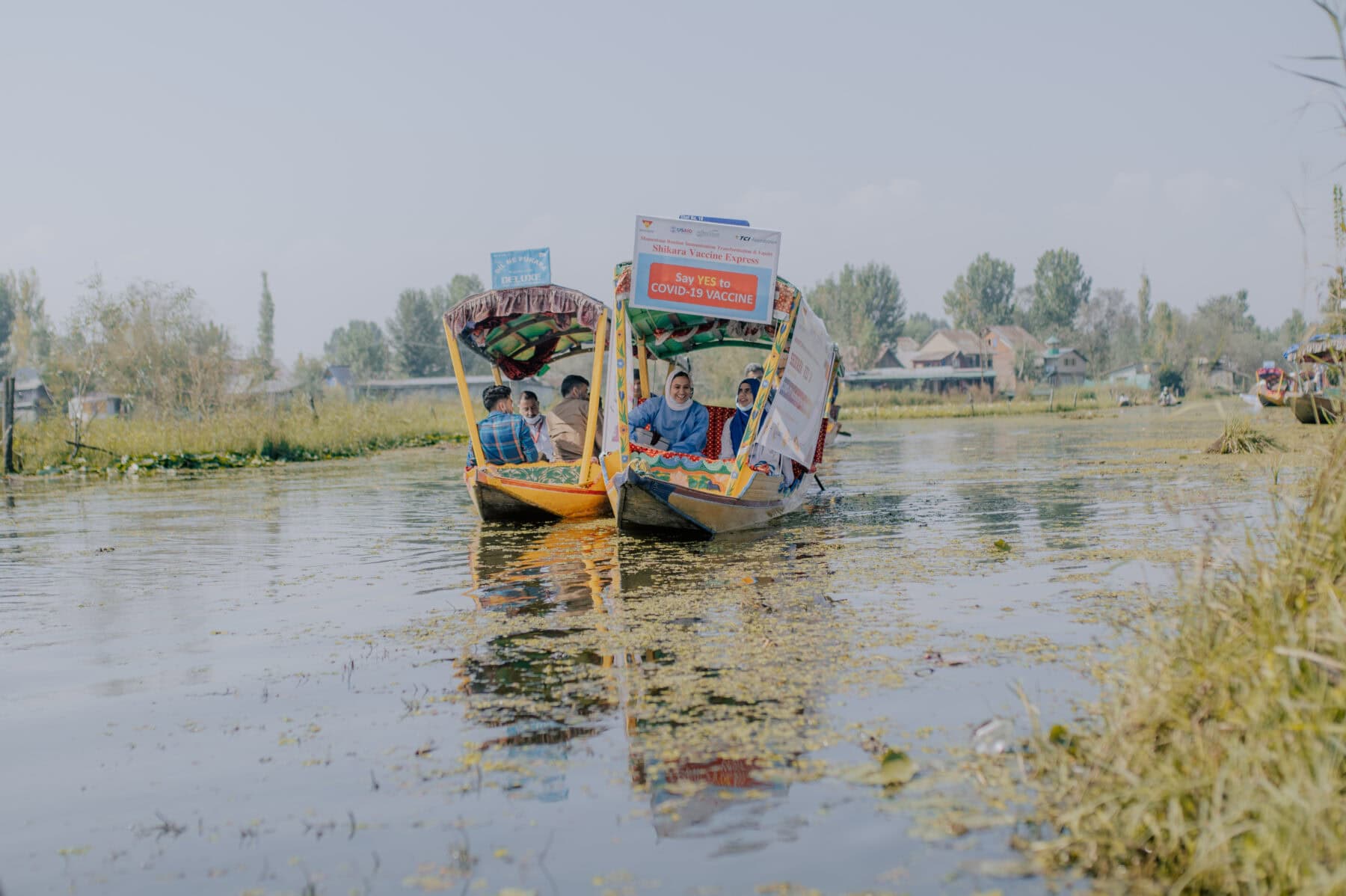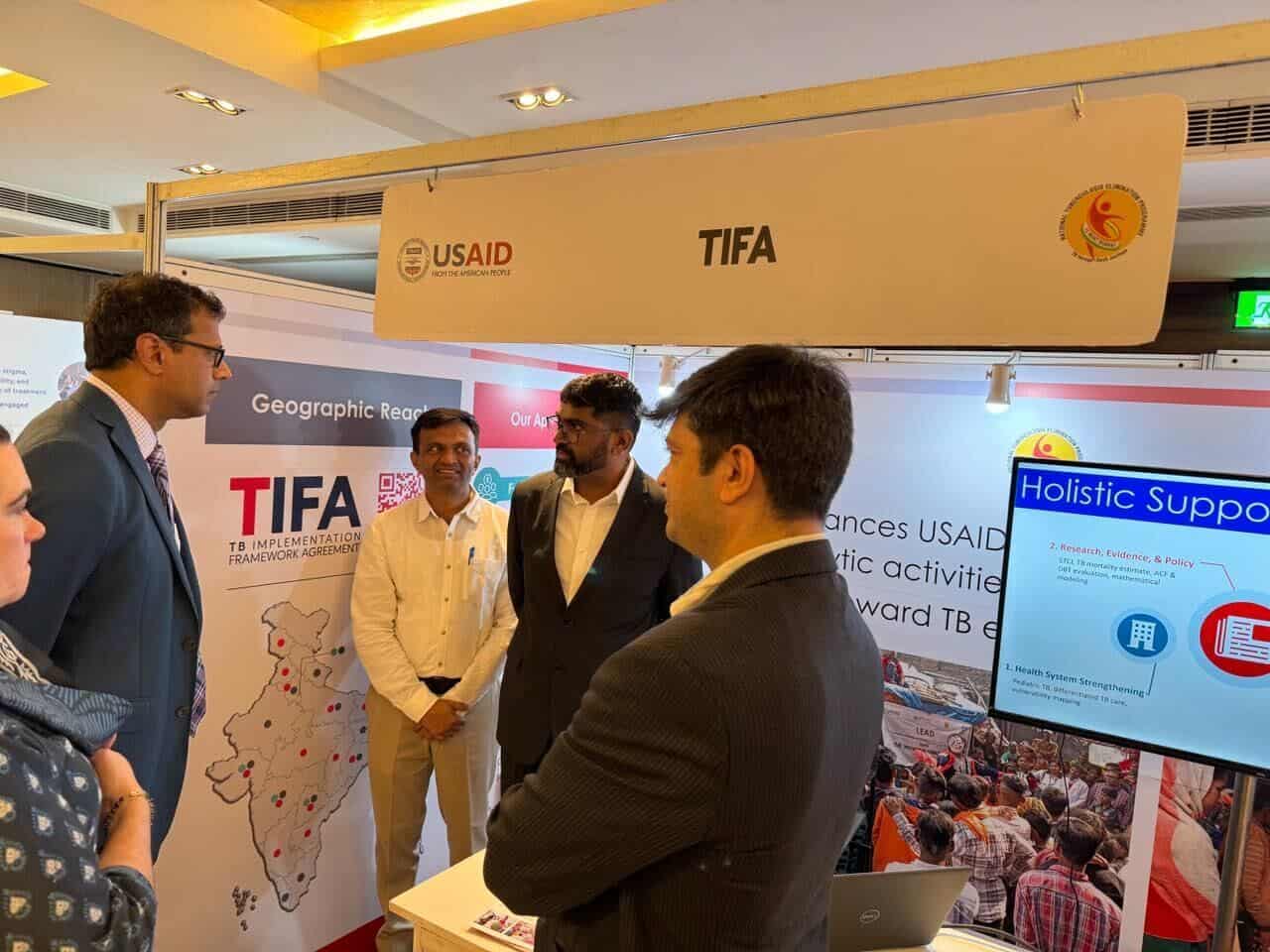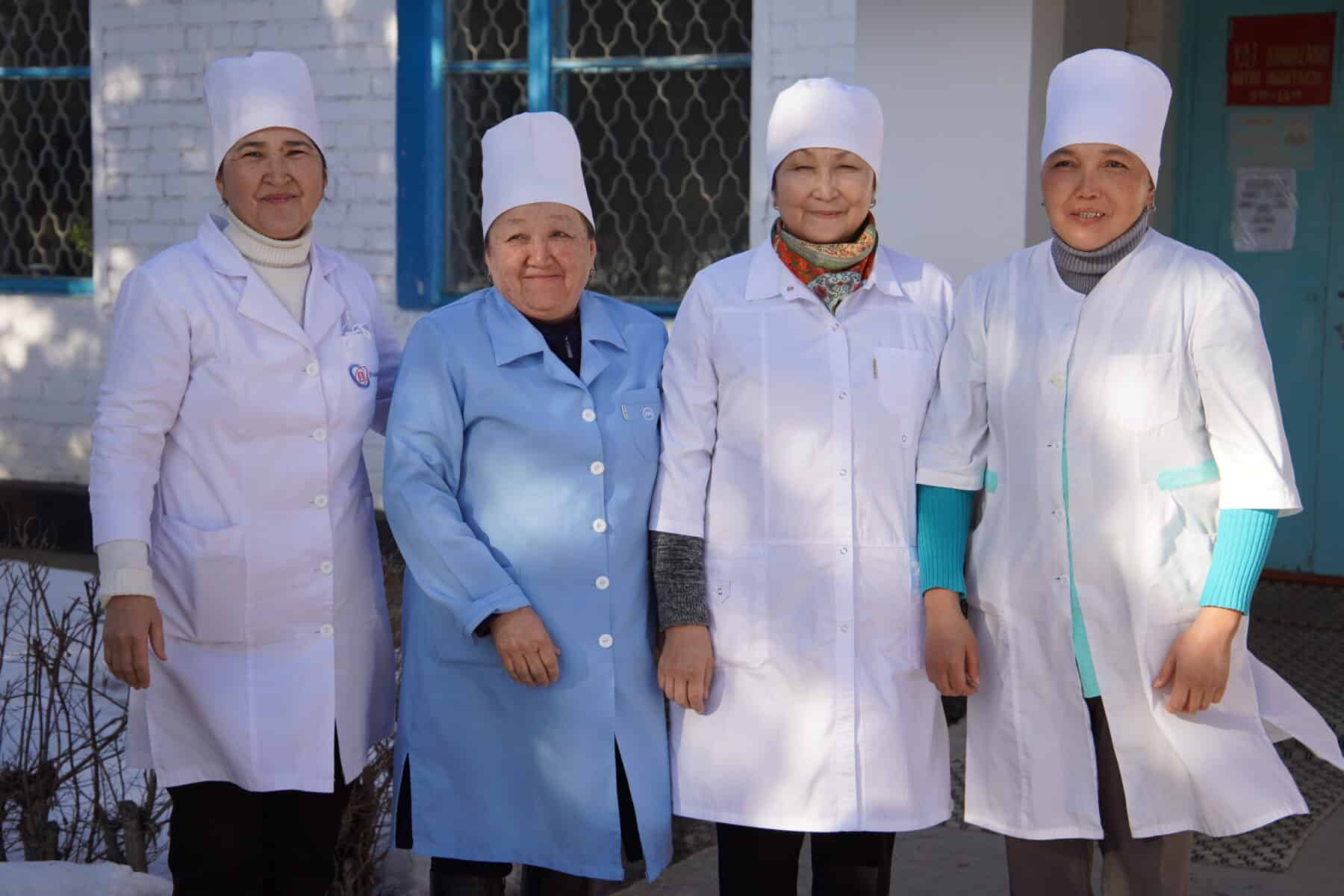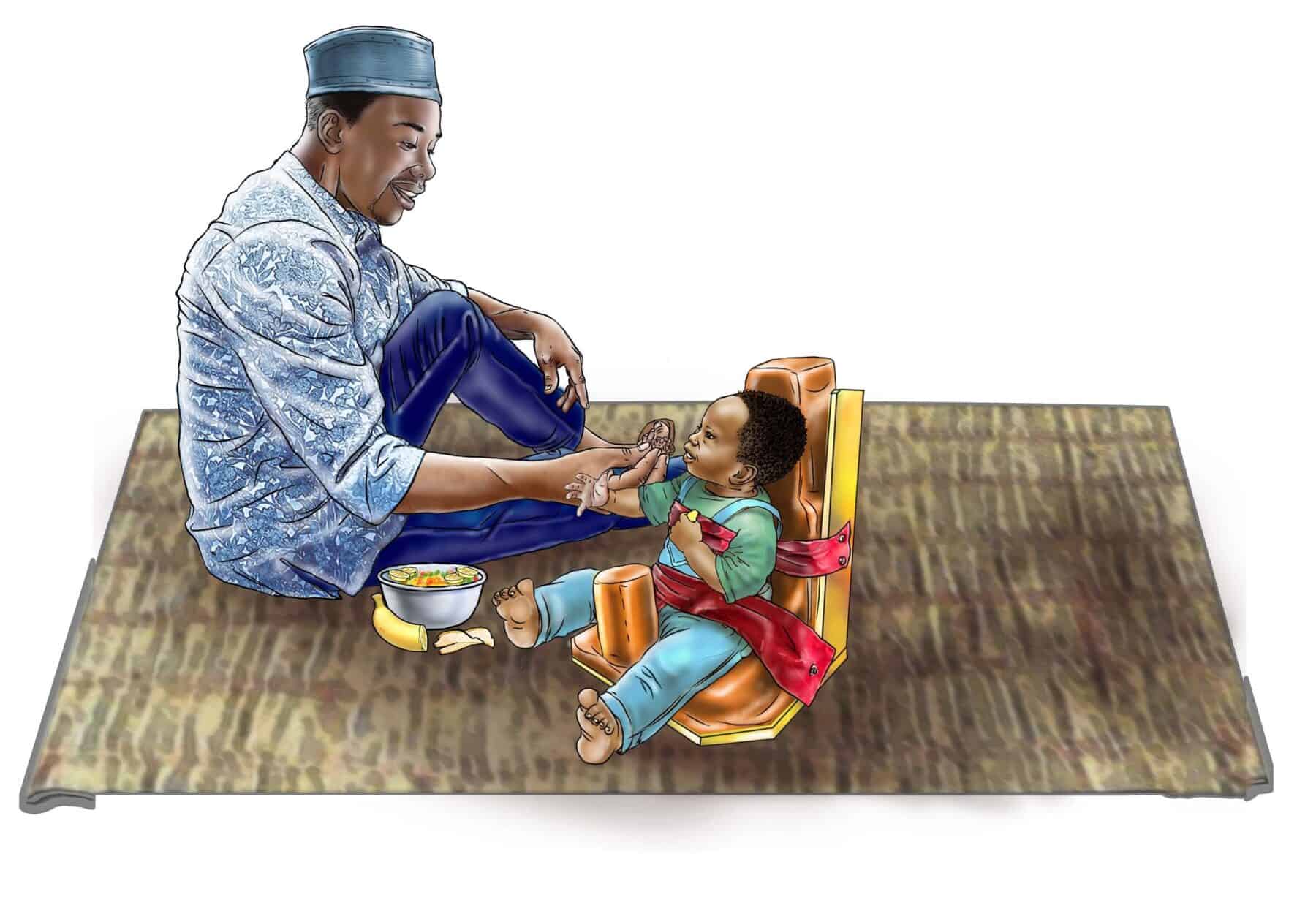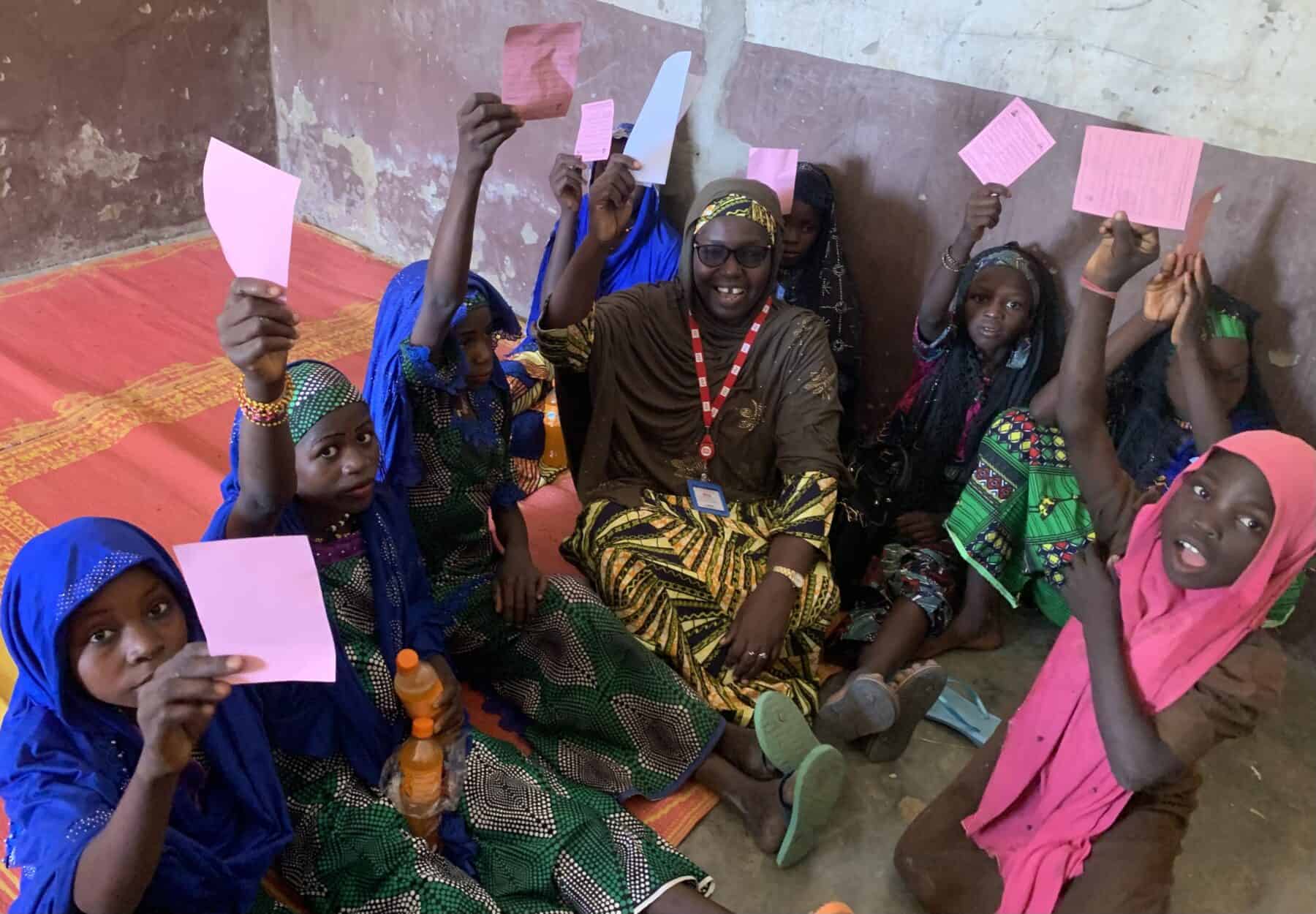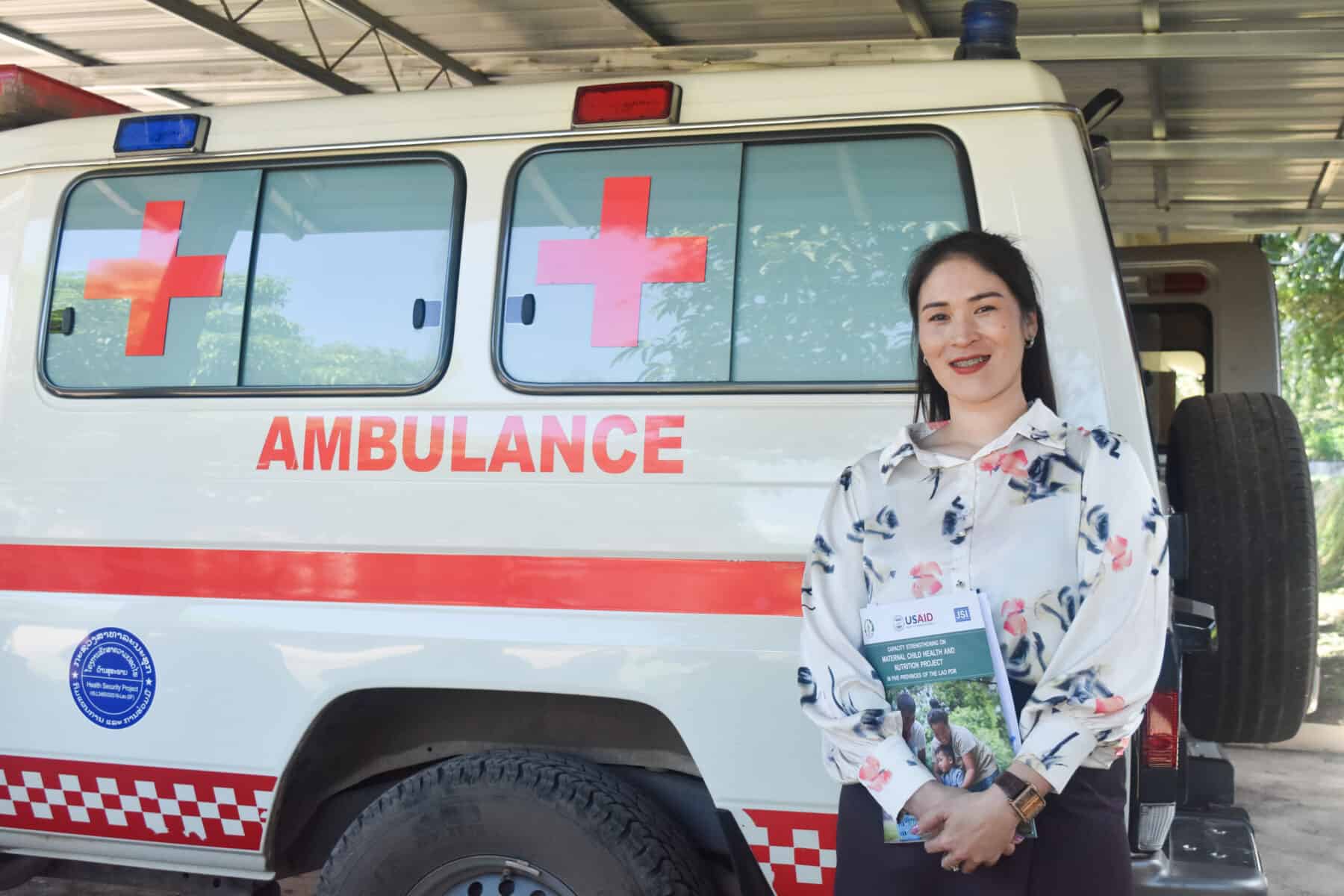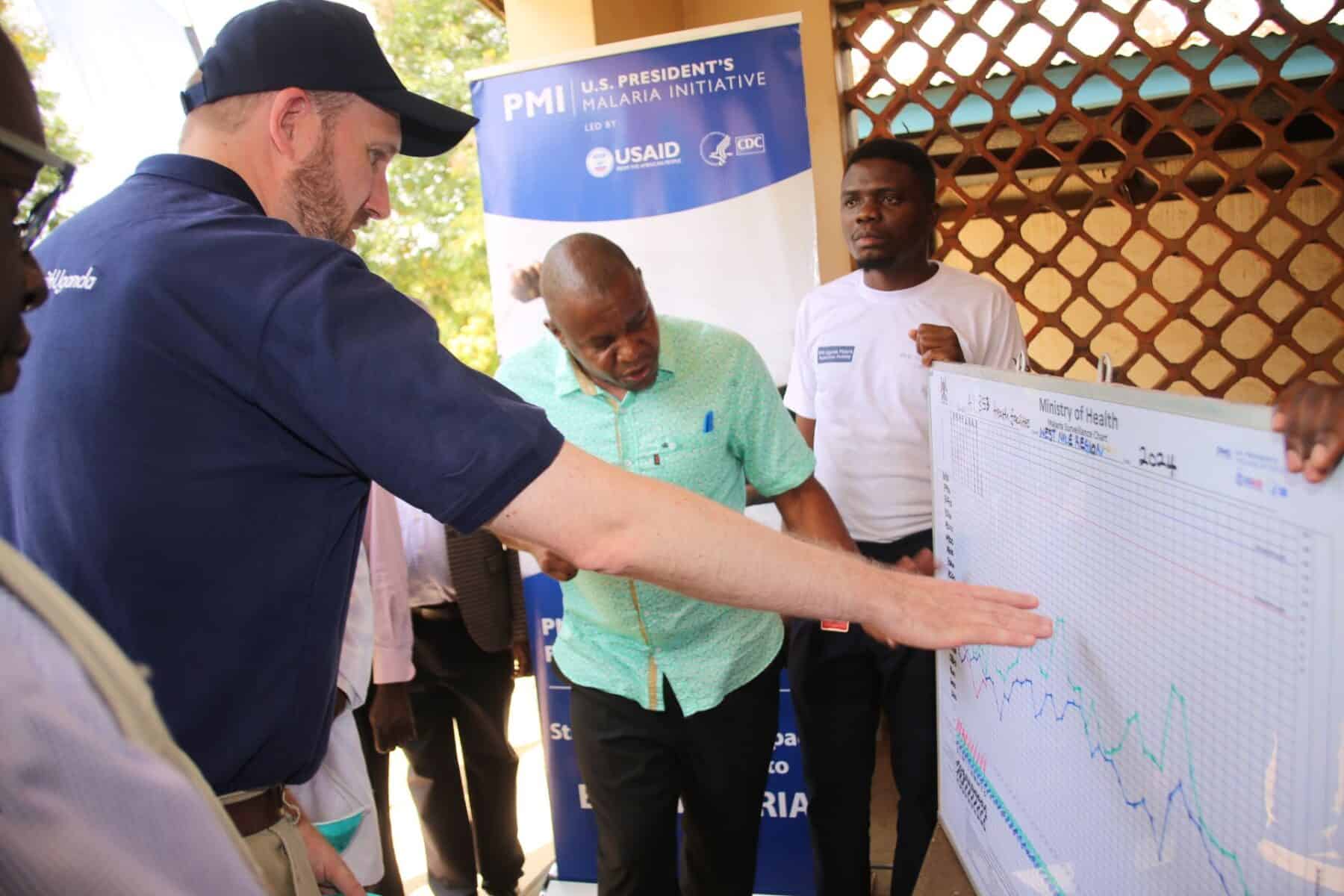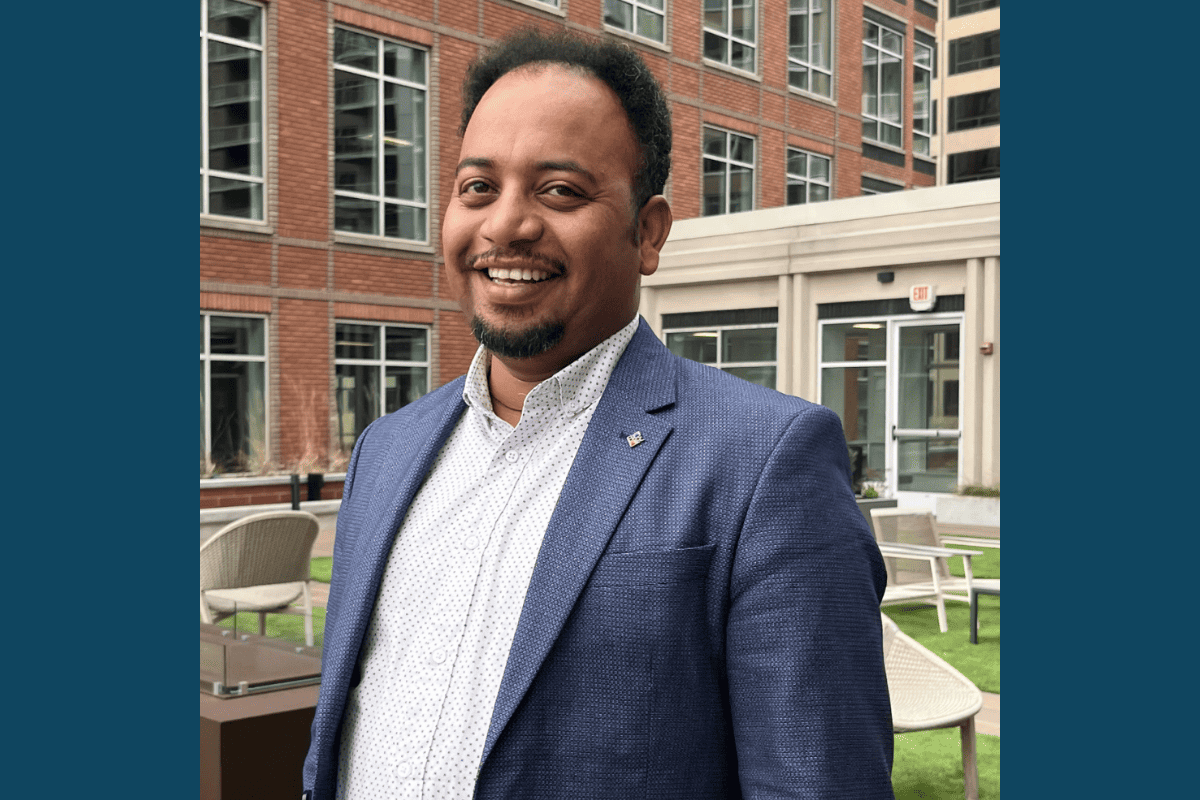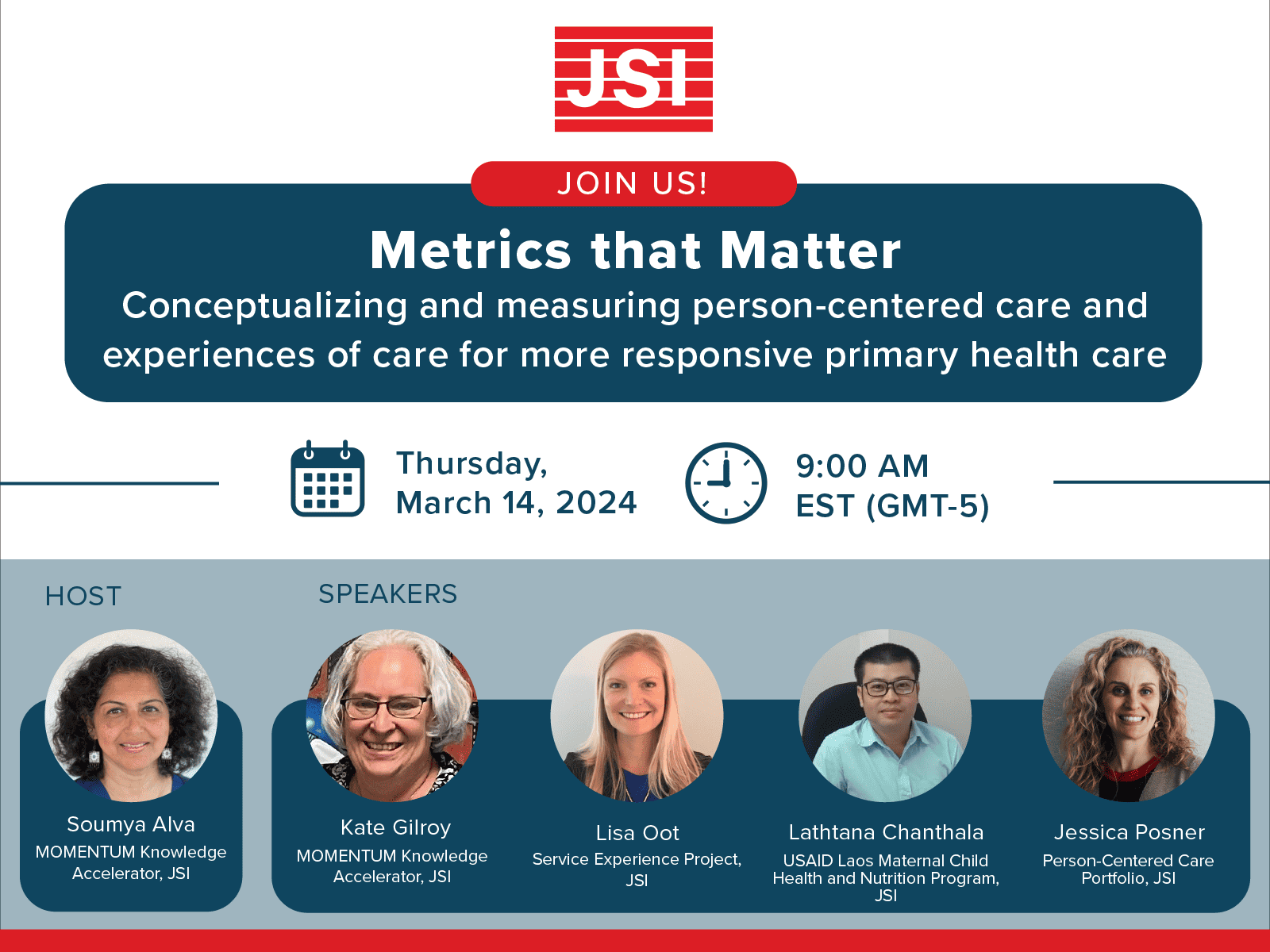This website uses cookies so that we can provide you with the best user experience possible. Cookie information is stored in your browser and performs functions such as recognizing you when you return to our website and helping our team to understand which sections of the website you find most interesting and useful.
News & Stories
Found 1117 results
Partner with Us
We strive to build lasting relationships to produce better health outcomes for all.

